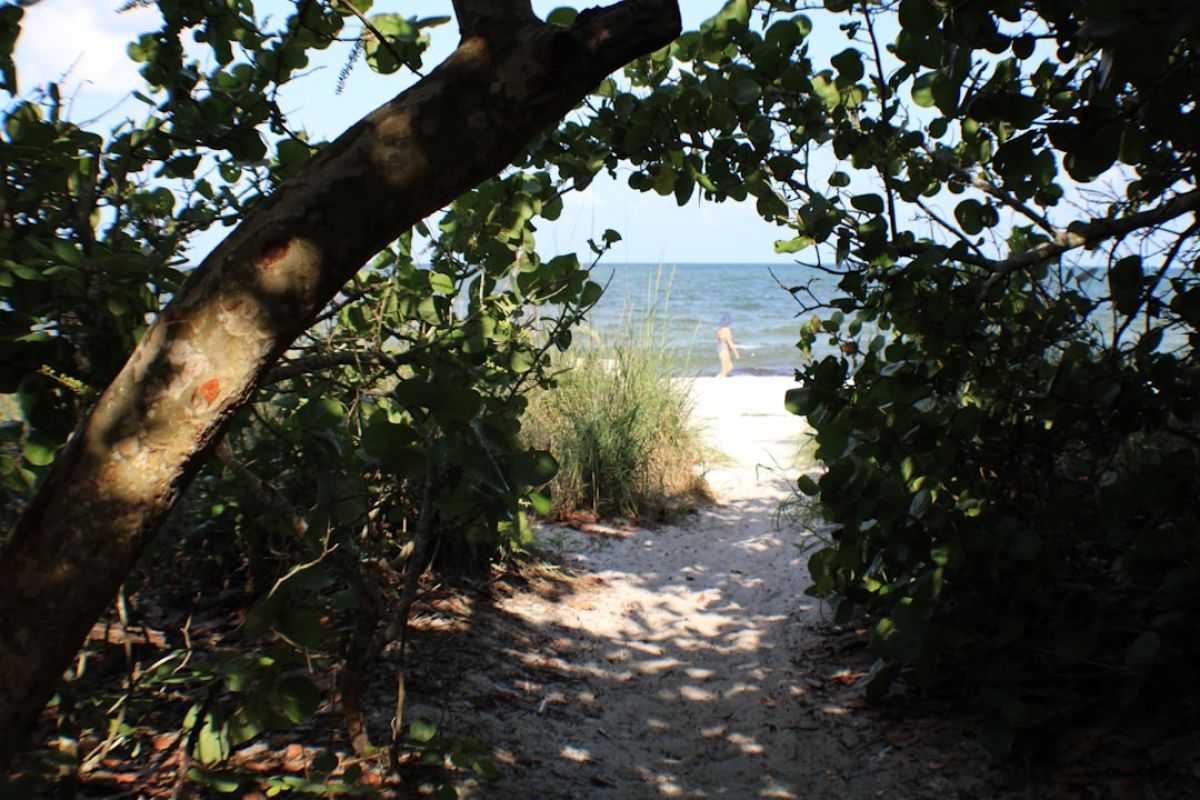Panther Tragedy Strikes Near Naples: 3-Month-Old Cubs Found Dead

Heartbreak in the Everglades: The Tragic Tale of Three Panther Kittens and What It Means for Naples
The news hit Southwest Florida like a gut punch. Three endangered Florida panther kittens, barely three months old and likely siblings, were found dead within weeks of each other in Collier County, just a stone’s throw from the vibrant community of Naples. While the exact cause of death remains under investigation by the Florida Fish and Wildlife Conservation Commission (FWC), the loss underscores the precarious existence of these magnificent creatures and the crucial role we play in their survival.
This isn’t just a story about wildlife; it’s a story about our backyard, our community, and the delicate balance of the ecosystem we share. Here in Naples, we live alongside these incredible animals, and their fate is intertwined with ours. This tragedy serves as a stark reminder of the challenges facing Florida panthers and the urgent need for continued conservation efforts.
Understanding the Loss: More Than Just Numbers
These weren’t just statistics; they were young lives, full of potential, snuffed out too soon. Imagine kittens, barely bigger than house cats, exploring the world with wide-eyed curiosity, learning to hunt, and navigating the complex tapestry of the Everglades. These kittens represented the future of the Florida panther, a symbol of our state’s wild beauty and resilience. Their loss is a blow to the already fragile panther population, estimated to be between 120 and 230 adults.
The Shadow of the Road: A Constant Threat
While the official cause of death is still pending, vehicle collisions are a leading cause of mortality for Florida panthers. Think about it: Naples is growing, and with growth comes more roads, more traffic, and more danger for wildlife trying to cross. Picture these young panthers, inexperienced and vulnerable, attempting to navigate the busy highways that crisscross their habitat. The image is heartbreaking, and it’s a reality we need to confront.
Here in Naples, we see the impact of development firsthand. New communities are springing up, expanding our urban footprint deeper into panther territory. This encroachment fragments their habitat, making it harder for them to find food, mates, and safe passage. It also increases their chances of encountering humans and vehicles, leading to tragic consequences like the deaths of these three kittens.
Rodenticide: An Invisible Killer
Another potential factor contributing to panther deaths is rodenticide poisoning. Many homeowners and businesses use these poisons to control rodent populations, but the toxins can accumulate in the food chain, ultimately impacting apex predators like panthers. When a panther preys on a rodent that has ingested rodenticide, the poison can be passed on, leading to debilitating illness and even death.
This is a particularly insidious threat because it’s often unseen. We may not realize the impact our pest control choices have on the wider ecosystem. But for panthers, the consequences can be devastating.
What Can We Do? Taking Action in Naples
The loss of these kittens is a tragedy, but it’s also a call to action. We can’t stand idly by while these magnificent creatures face extinction. Here in Naples, we have a unique opportunity to make a difference. We live on the front lines of panther conservation, and our actions, both big and small, can have a profound impact.
Here are some concrete steps we can take:
* **Support Wildlife Crossings:** Advocate for the construction of more wildlife crossings and underpasses on our roads. These structures allow panthers and other animals to safely cross busy highways, reducing the risk of collisions. Contact your local representatives and let them know that wildlife safety is a priority. * **Reduce Vehicle Speed:** Observe speed limits, especially in areas known to be panther habitat. Slowing down gives drivers more time to react if an animal crosses the road, increasing the chances of avoiding a collision. * **Choose Rodenticide Alternatives:** Opt for non-toxic pest control methods like traps and exclusion techniques. If you must use rodenticide, choose products that are less toxic to wildlife and follow the instructions carefully. * **Support Conservation Organizations:** Donate to organizations like the Florida Panther National Wildlife Refuge, Conservancy of Southwest Florida, and the National Wildlife Federation that are working to protect panther habitat and promote conservation efforts. * **Educate Yourself and Others:** Learn more about Florida panthers and their habitat. Share this knowledge with your friends, family, and neighbors. The more people understand the challenges facing these animals, the more likely we are to take action to protect them. * **Responsible Development:** Support sustainable development practices that minimize habitat fragmentation and prioritize wildlife corridors. Encourage developers to incorporate wildlife-friendly features into their projects. * **Report Panther Sightings:** If you are fortunate enough to see a panther, report the sighting to the FWC. This information helps researchers track panther movements and understand their habitat use.
### Hope for the Future: Protecting Our Panther Legacy
The loss of these three panther kittens is a heartbreaking reminder of the fragility of life and the importance of conservation. But it’s not the end of the story. Here in Naples, we have the power to make a difference. By working together, we can create a future where panthers thrive alongside our growing community.
We can support initiatives to protect and expand panther habitat, advocate for safer roads, and educate our community about the importance of coexisting with these magnificent creatures. The future of the Florida panther rests in our hands. Let’s honor the memory of these lost kittens by redoubling our efforts to ensure their survival. It’s a legacy we owe to future generations, a legacy of wild beauty and resilience in the heart of Southwest Florida. Let’s make sure their story isn’t just a tragedy, but a catalyst for change.